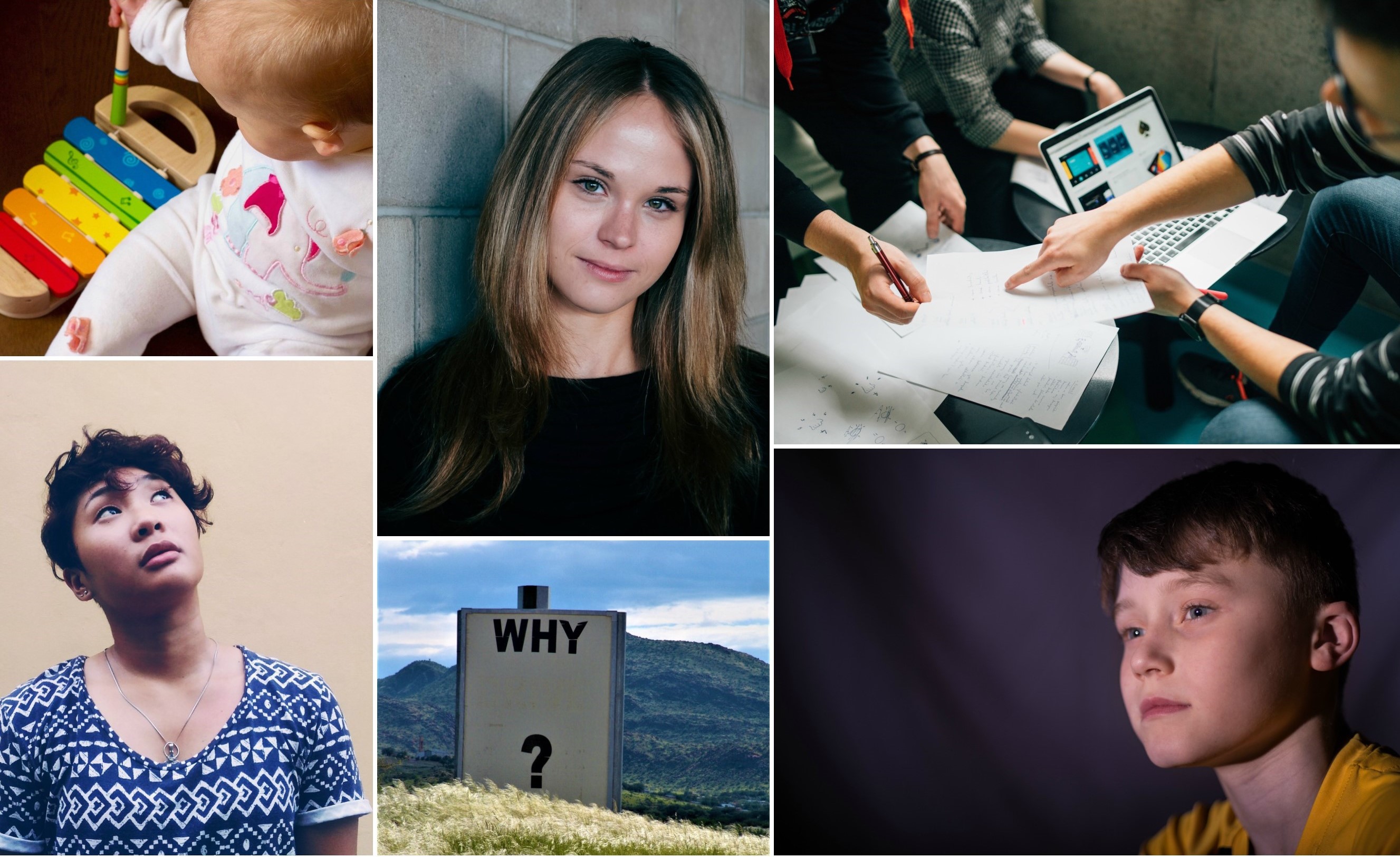Information for Children and Young People

When they conduct an experiment or carry out a study they want other people who work with children, or on issues that affect them, to learn from their findings. They may write a report about their research that they hope will be published in a scientific journal or they can go to a conference and speak about their research there.
At TRiCC our researchers would also like for children to know about the work that they do and the discoveries they have made. In this section of our website you will read about some of our research written in language that is accessible for young readers. You will also find our research dictionary that explains some of the key terms that we use, and links to some other webpages about research with children and young people. We hope that you find our work interesting and if you have opinions you would like to share with us, please get in touch!
Our Research Projects
All you need is...?
What are the things that children in Ireland think that all children should have and be able to do, even if their parents haven’t got much money?
To answer this question, Lori Swords and her research team visited some schools in Dublin and gave boys and girls aged from 9 to 11 years a list of 49 items that included possessions (e.g. bicycle, pet, books for reading for fun), activities (e.g. going swimming, school trips) and services (e.g. library, bank/credit union/post office account). The participants were asked to tick (i) the items they thought all children really needed, (i) the items that they themselves had, and (iii) the items that they would like but do not have because their parents cannot afford them.
The researchers looked at all the surveys and came up with this list of twelve items that (i) the majority of children believed no child should go without, and (ii) were not very basic items that every child in the study reported having.
- Three balanced meals each day with fruit/vegetables and meat/fish (if they eat meat or fish)
- Enough of the right clothes for different seasons, for example, a coat to keep warm and dry in winter
- Separate bed and bedding of their own
- Own books for reading for fun
- Food and drinks for friends when they call over to play
- Own money for school activities or days out
- Family holiday once a year (can be in Ireland or a different country)
- Day out with family at least twice a year (like going to the beach, fun fair, leisure centres)
- Go to a restaurant for a family meal at least twice a year
- A bank, post office or Credit Union account to save money
- Shops close to home (like food shops, clothes shops or chemists)
- Access to the library
These findings showed that children understand the importance of basic necessities such as having enough food and clothing, but they also value being able to take part in typical family activities (e.g. holidays or going out for a meal) and use services (e.g. library or shops).
Key Finding: One in every three children reported that they had to go without at least one item from the list because their parents could not afford it.
Would you like to learn more?
External Links
Growing Up in Ireland is the national study of children and young people in Ireland. It started in 2006 and is ‘longitudinal’ in that it has been following two groups of children (9 month old babies and 9 year old children) for over ten years now, collecting information from them about their lives every few years.
Growing Up in Scotland is a similar study to Growing Up in Ireland. It has lots of activities and information especially for children and teens.
Frontiers for Young Minds enables scientists to work together with children and young teens to produce high quality research articles that are written with a younger audience in mind and are free to access.

